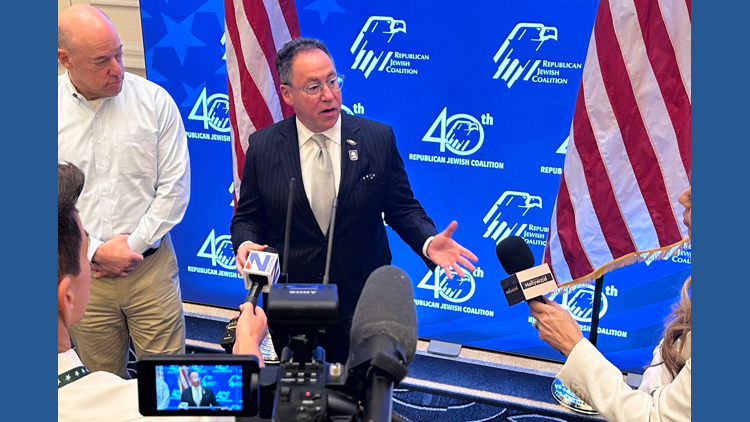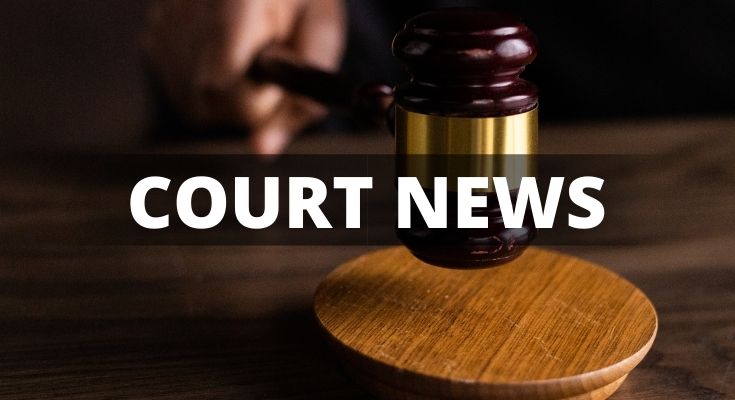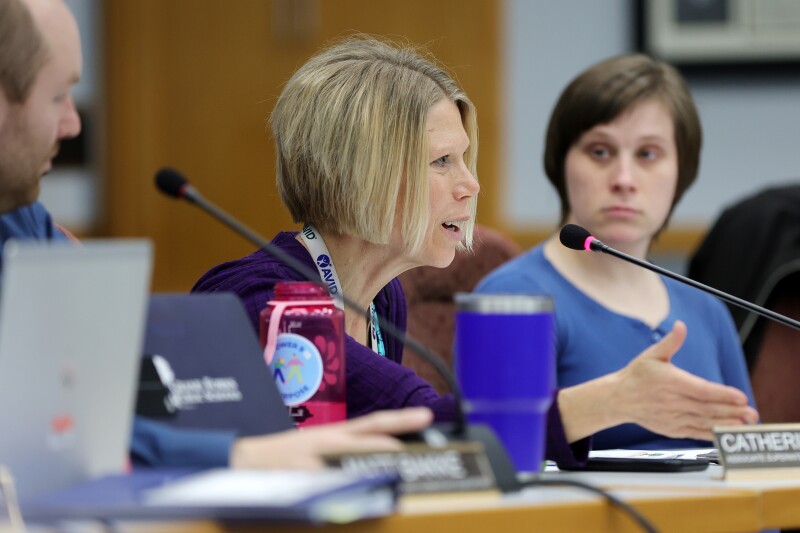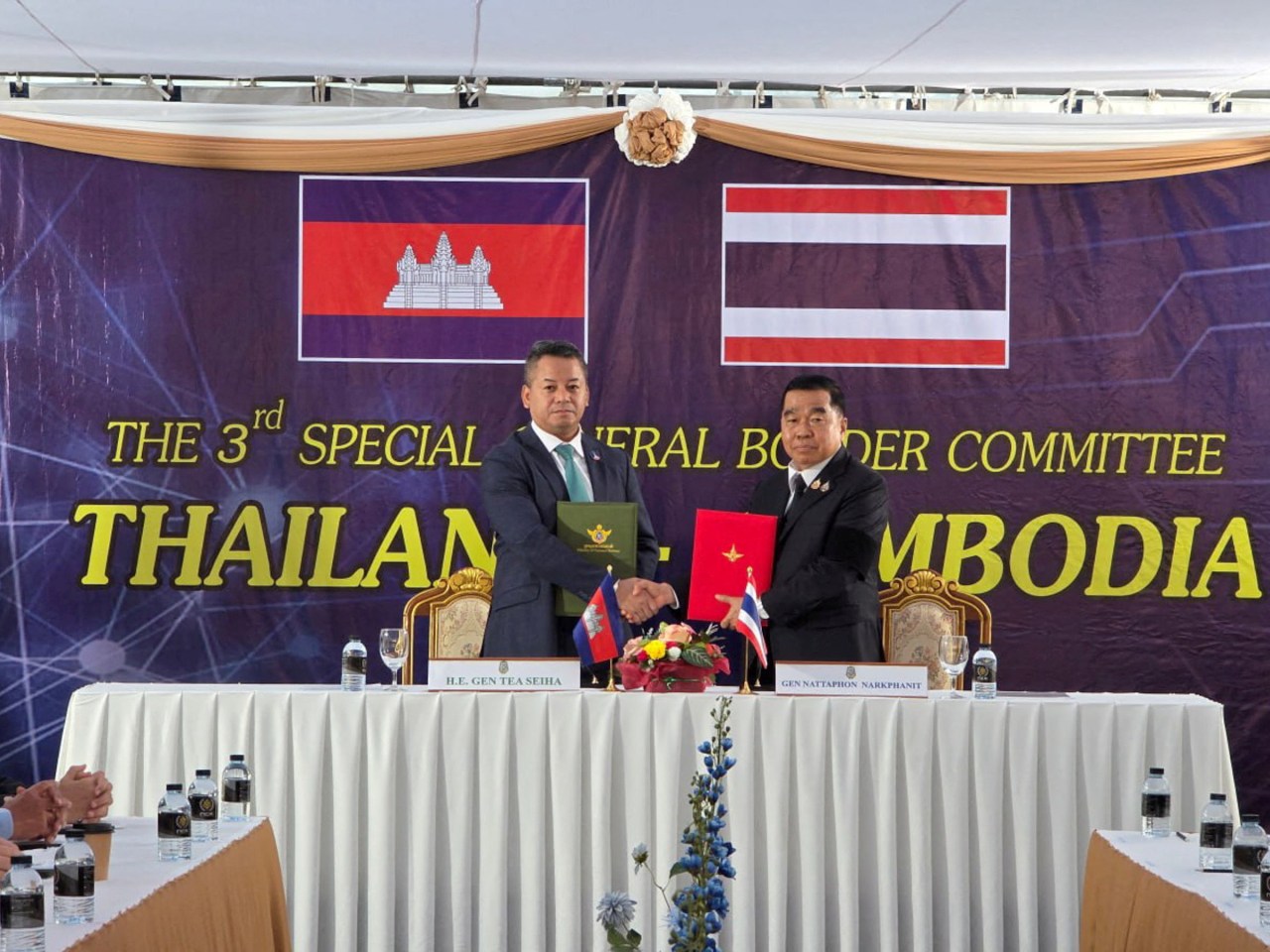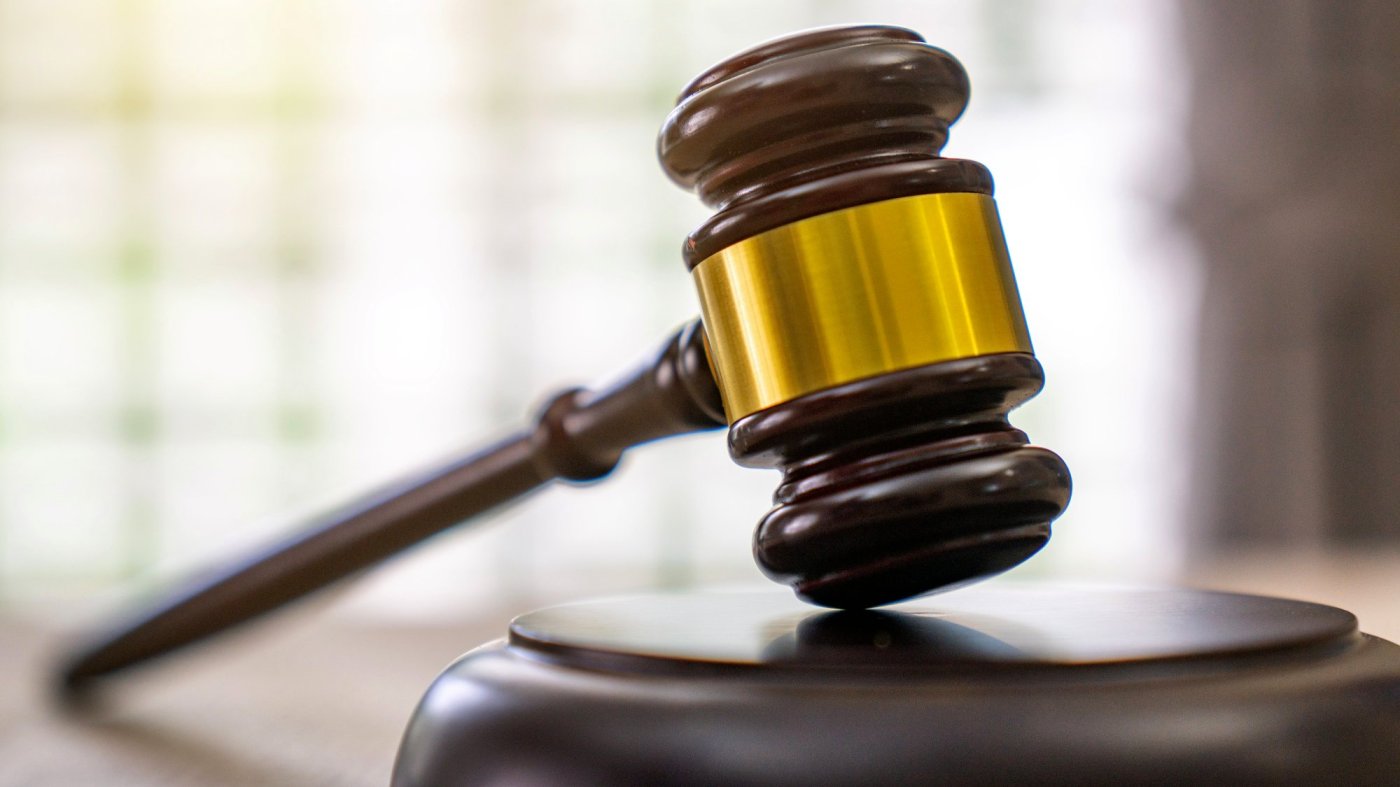Concerns over rising antisemitism within the Republican Party took center stage this past weekend at a significant gathering in Las Vegas. During the Republican Jewish Coalition’s annual leadership conference, discussions shifted from plans for a ceasefire celebration to a more pressing issue: combating antisemitism among party members.
The conference, held on October 13-15, 2023, attracted prominent Jewish leaders and Republican officials who voiced alarm over the perceived increase in antisemitic sentiments within the party. This shift in focus reflects a growing recognition that addressing antisemitism is crucial to the party’s integrity and public image.
Several speakers at the conference addressed the need for a unified response against hateful rhetoric. Matt Brooks, the Executive Director of the Republican Jewish Coalition, emphasized the importance of confronting antisemitism head-on. He stated, “It is our responsibility to ensure that our party remains a safe haven for all Americans, regardless of their background.” His remarks underscored a commitment to maintain the Republican Party’s historical support for Jewish communities.
The Las Vegas meeting also featured panels and discussions aimed at equipping leaders with tools to combat antisemitism effectively. Participants explored strategies for advocating against hate within their communities and promoting education about Jewish history and culture. The urgency of these conversations reflects broader societal concerns about antisemitism, which has seen a troubling rise in recent years.
A key moment during the conference was a session led by Senator Josh Hawley of Missouri, who shared his insights on the party’s role in addressing hate. He noted, “We must be vigilant and proactive in our efforts to fight against all forms of discrimination and bigotry.” His comments resonated with many attendees who acknowledged the need for a stronger, more vocal stance against antisemitism.
The gathering also served as a platform for attendees to share personal experiences and the impact of antisemitism on their lives. Such narratives highlighted the emotional toll and societal consequences of hate, reinforcing the urgency of the discussions taking place.
In light of these developments, the Republican Jewish Coalition is expected to increase its outreach efforts, aiming to foster a more inclusive environment within the party. The coalition’s leadership reiterated its commitment to work closely with various Jewish organizations to amplify voices against antisemitism.
As the conference concluded, the attendees left with a renewed sense of purpose to address these critical issues. The discussions in Las Vegas signal a pivotal moment for the Republican Party as it seeks to navigate the complexities of identity and inclusivity in a changing political landscape. The coalition’s proactive stance may serve as a model for addressing similar issues in other political contexts, promoting a message of unity and resilience against hate.

